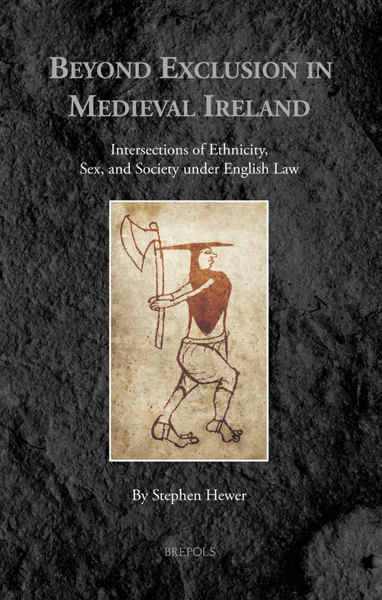[We are moving this up, as the deadline is approaching. DRE]
Our friends at the Institute for Constitutional Studies have announced another seminar for advanced graduate students and junior faculty, “Affirmative Action”:
Prior to the pandemic and the economic downturn, affirmative action was one of the most divisive issues in public policy. While it is closely tied to issues of racism (past and present), it also has strong ties to the women’s movement, Hispanic rights, and disability programs. Normally we start looking at affirmative action in the Kennedy-Johnson years, but in fact its roots go back to Reconstruction after the Civil War. There are two types of affirmative action programs, which I label “hard” and “soft,” and the distinction will be at the heart of the discussion. There is a story of an administrative agency run wild, and of course, there are court cases. One must bear in mind that this is not a simple liberal vs. conservative debate, for some of the fiercest critics have been liberals. We will end the course with a look at the most recent case that involved Harvard and Asian-American students.
Instructor.
Melvin I. Urofsky is professor emeritus of history at Virginia Commonwealth University. He is the longtime editor of the
Journal of Supreme Court History and has written widely on American constitutional development. His most recent books are the prize-winning
Louis D. Brandeis: A Life (2009),
Dissent and the Supreme Court (2015), and
The Affirmative Action Puzzle (2020).
Logistics. Tuesday afternoons, 3:50–5:50 p.m., October 11, 18, 25, November 1, 8, 15, and 22, 2022. The seminar will meet at The George Washington University Law School, 2000 H Street NW, Washington, DC 20052.
Application Process. The seminar is designed for graduate students and junior faculty in history, political science, law, and related disciplines. All participants will be expected to complete the assigned readings and participate in seminar discussions. Although the Institute cannot offer academic credit directly for the seminar, students may be able to earn graduate credit through their home departments by completing an independent research project in conjunction with the seminar. Please consult with your advisor and/or director of graduate studies about these possibilities. Space is limited, so applicants should send a copy of their C.V. and a short statement on how this seminar will be useful to them in their research, teaching, or professional development. Materials will be accepted only by email at icsgw@law.gwu.edu until September 15, 2022. Successful applicants will be notified soon thereafter. For further information, please contact Maeva Marcus at maevamarcus@law.gwu.edu.
There is no tuition or other charge for this seminar, though participants will be expected to acquire the assigned books on their own.
About ICS. The Institute for Constitutional Studies (ICS) is the nation’s premier institute dedicated to ensuring that future generations of Americans understand the substance and historical development of the U.S. Constitution. Located at the George Washington University Law School, the Institute is co-sponsored by the American Historical Association, the Organization of American Historians, and the American Political Science Association. The Association of American Law Schools is a cooperating entity. ICS prepares junior scholars and college instructors to convey to their readers and students the important role the Constitution has played in shaping American society. ICS also provides a national forum for the preparation and dissemination of humanistic, interdisciplinary scholarship on American constitutional history. icsgw@law.gwu.edu












